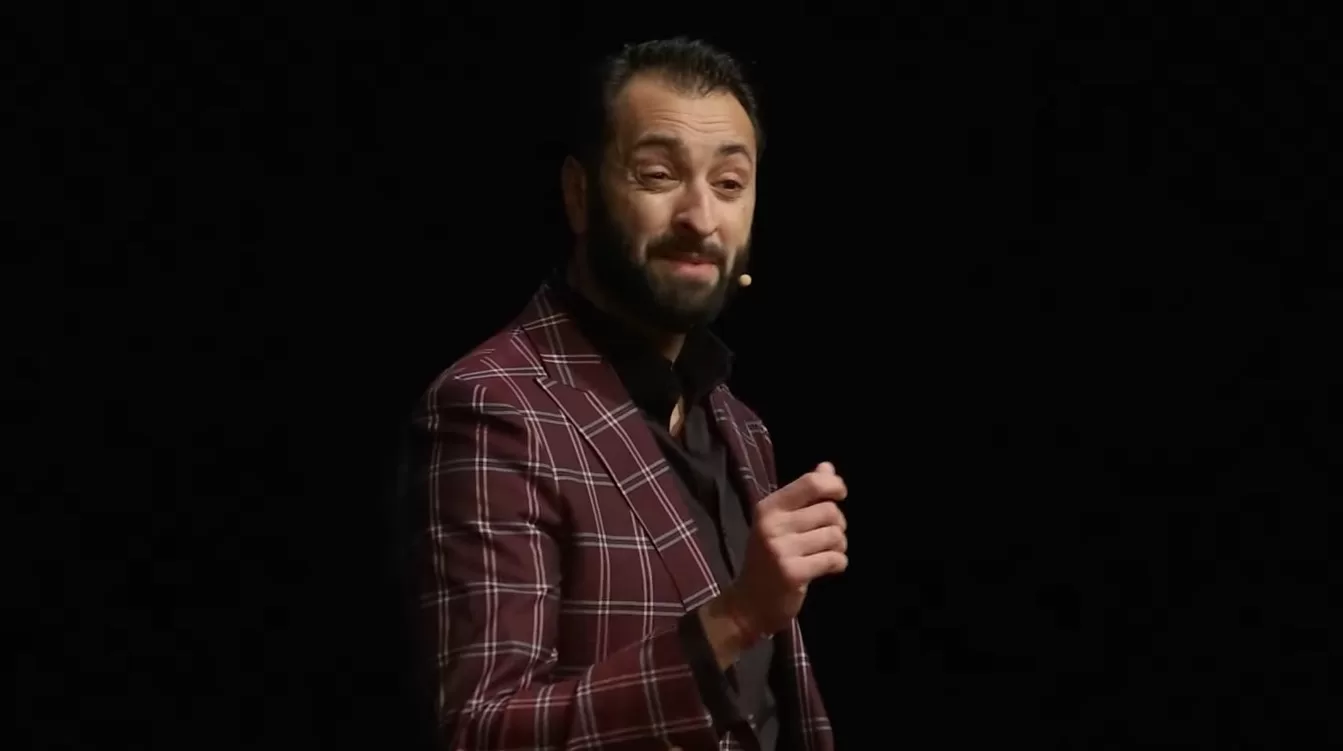Dr. Harbir Sian, an award-winning optometrist, delivered an inspiring and poetic TED talk explaining how our eyes can reveal vital information about our overall health.
Ancient Saying Holds Scientific Truth
The common saying that “the eyes are the windows to the soul” is backed up by scientific evidence, according to Dr. Sian. When we look into someone’s eyes, we are observing a complex physiological response. The pupils dilate when a person is excited, scared, or overcome with passion due to an ancient, automatic nervous system reaction that causes widespread bodily changes.
So while our eyes may reveal our inner selves, they also provide a glimpse into the health of our entire body. As an optometrist, Dr. Sian spends much of his time peering into patients’ eyes, which he finds as inspiring as any famous quote.
Public Underestimates Role of Optometrists
Dr. Sian explained that most people underestimate the role of optometrists, assuming they simply check vision and ask patients to choose between lens options. But patients are often awestruck when they realize the intricacy and beauty of their own eyes.
The human visual system is incredibly complex. The retina alone has 10 layers and over 100 million light-detecting cells. When these cells are triggered, signals shoot down the optic nerve to the brain’s visual system for interpretation. Nearly half of our brain is involved in vision processing – more neurons than for all other senses combined.
Eyes Have More Megapixels Than Top Cameras
To illustrate the power of human vision, Dr. Sian noted that if our eyes were digital cameras, they’d have a resolution exceeding 500 megapixels. That far surpasses even top-of-the-line cameras and smartphones, with their 20-100 megapixel capabilities. When Apple wanted to highlight the resolution of a new display, they aptly named it the “retina display.”
Changes in Retina Indicate Health Issues
But the retina isn’t only composed of light-detecting cells; it also contains components vital to systemic health. The retina’s blood vessels connect directly to vessels serving the brain and heart. The optic nerve is essentially an extension of the brain itself.
This makes the retina the only place we can non-invasively view brain and blood vessel changes. Subtle shifts in vessel size can signal early disease stages, while more obvious fluid leakage or blockage indicates advanced conditions. Oftentimes optometrists detect undiagnosed conditions before a physician does.
Routine Eye Exams Detect Serious Conditions
Dr. Sian shared a real example where a routine eye exam detected a brain tumor in a 25-year-old patient complaining of vision changes. Thanks to early diagnosis, doctors believe the tumor can be removed with minimal consequences.
Stories like this are why eye doctors strongly recommend regular eye exams. Just as we maintain smartphones and cameras, we should optimize our visual system’s function. Our eyes provide windows into overall wellbeing, not just vision.
Optometrists Passionate About Education
In concluding his talk, Dr. Sian expressed his passion for educating others about eyecare’s importance. He playfully shared that while he asks patients to choose between lens options, there’s more to his work than meets the eye. His goal is guiding patients to make choices that preserve long-term health, not just short-term vision.
Dr. Sian’s talk artfully wove medical knowledge with poetic flair to highlight the deep interconnectedness of vision and overall health. His words affirmed the value of routine eye exams and optometrists’ role in early disease detection and health promotion.


